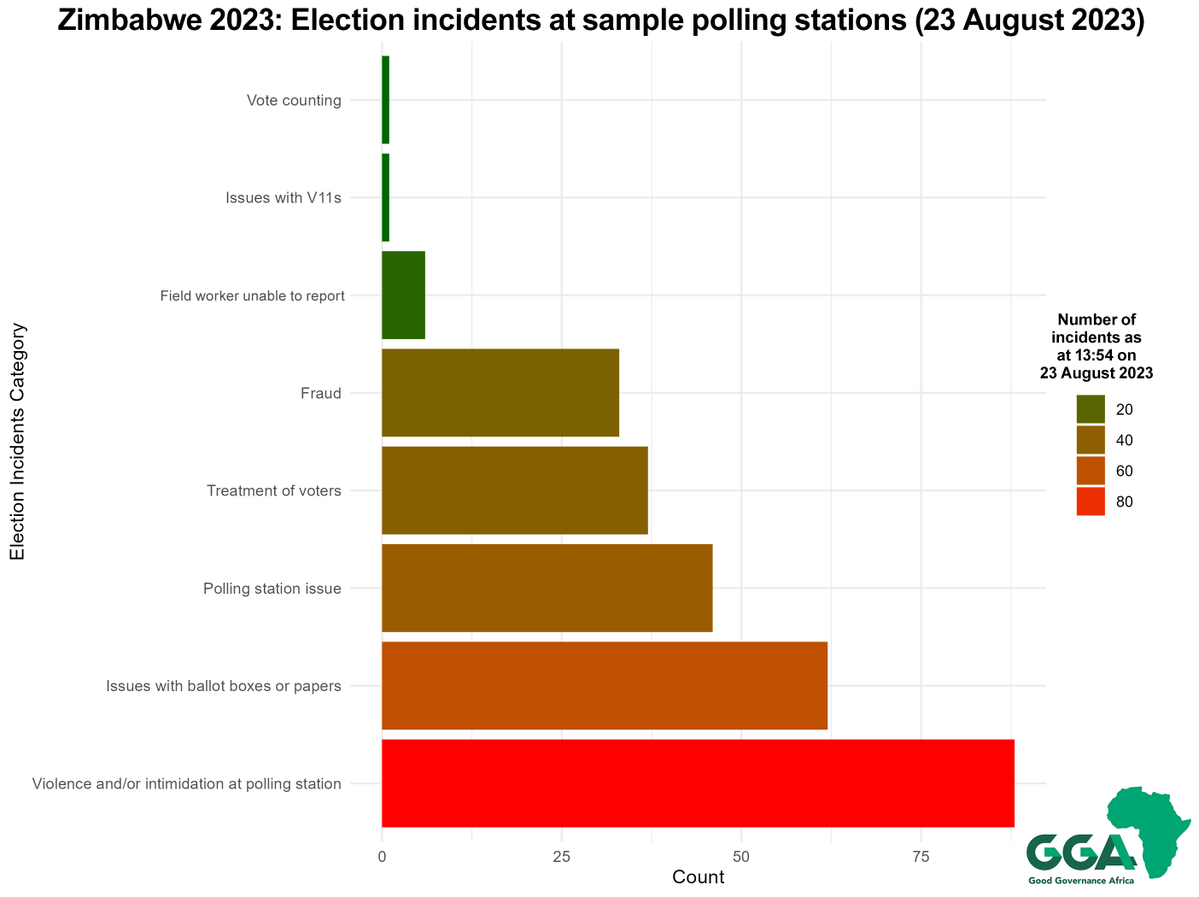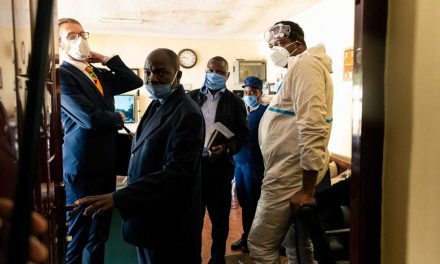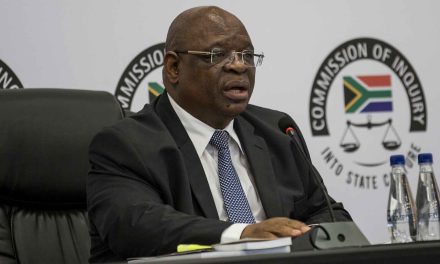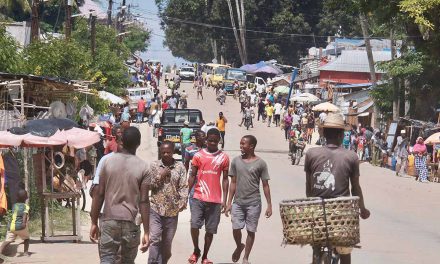Nomination Court Appeals
Presidential Candidates issues
- On Wednesday 19 July 2023, Elisabeth Valerio of the United Zimbabwe Alliance (UZA) successfully appealed the decision that had initially excluded her from the presidential race when her nomination papers were rejected due to challenges with her nomination fees payment.
- On Wednesday 26 July, the High Court dismissed, with costs, another nomination challenge by Presidential aspirant Linda Masarira of the Labour, Economists and African Democrats (LEAD) opposition party whose nomination submission was rejected for failure to pay the nomination fee.
- On Friday 28 July, the Supreme Court dismissed Saviour Kasukuwere’s appeal against the High Court decision disqualifying him from the presidential race.
Comment
- Saviour Kasukuwere was a Minister under Robert Mugabe’s rule before the coup that threatened his and other “G40” allies’ lives, forcing him into exile in South Africa. His presidential bid is tainted by allegations of being a “willing participant” in politically motivated violence against the then-opposition MDC-T, particularly during his tenure as the ZANU-PF Political Commissar.
- The appeal was dismissed without reasons with the ruling stating that reasons will follow.
- Kasukuwere’s legal team is considering the next available steps to ensure his place on the ballot paper.
Parliamentary Candidates Issues
- On Thursday 3 August, the Supreme Court reinstated 12 Bulawayo main opposition Citizens Coalition for Change (CCC) parliamentary candidates who had been struck off from the ballot after the High Court ruled that they had submitted their nomination papers after 4pm.
- Also, six other candidates from Zimbabwe African People’s Union (ZAPU), FreeZim Congress and Zimbabwe African National Congress (ZANC), who had also been affected by the earlier ruling, were also re-instated.
Comment
- On Thursday 27 July, Justice Nokuthula Moyo, on behalf of Justice Bongani Ndlovu, handed down a ruling that the now re-instated 12 would not run in the August 23 election, as they had allegedly filed their papers ‘late’.
- In the earlier ruling, the judge argued that the Zimbabwe Electoral Commission violated the rules when it allowed the candidates to successfully file their nomination papers after the 4 pm deadline despite reports of the Zimbabwe Electoral Commission’s confirmation that they had filed on time.
- If the Supreme Court had upheld this ruling, some ZANU-PF candidates like the Finance and Economic Development Minister, Mthuli Ncube, would have run uncontested in the affected constituencies, thereby disenfranchising a significant part of the registered voters who could no longer exercise their right to choose their legislators.
Campaign Trail
- There is a Zimbabwe Election Campaign in South Africa spearheaded by Presidential aspirant Saviour Kasukuwere with the support of the Economic Freedom Fighters.
- The CCC has adopted door-to-door campaigns in response to the continued ban on their rallies by the police. Their notification to the police, dated 24 July 2023, requesting to hold these door-to-door and car rallies in Churu Constituency on 23, 25, 27 and 29 July was not approved.
Comment
- According to one of the organisers of the South African bus initiative, Victor Mpofu, 500 buses will be availed, free of charge for registered Zimbabwean voters to travel to and from the polling stations on 23 August.
- The opposition continues to face challenges in its campaigns, despite reports of a leaked Zimbabwe Republic Police Chiefs’ memo ordering officers commanding stations not to ban opposition rallies.
Election Violence
- The attack and brutal murder of Tinashe Chitsunge, a Citizen Coalition for Change (CCC) member, is the latest and most disturbing case of election-related violence. Tinashe was reportedly attacked by suspected ZANU-PF activists while distributing fliers.
Comment
- This unfortunate incident evokes an all-familiar trait of Zimbabwean elections and a concerning precedent less than a month before the 23 August poll. Urgent measures must be taken to de-escalate the rising tensions and apprehend the perpetrators and stem impunity.
Zimbabwe Electoral Commission Capacity
- On 29 July, there were reports of a break-in at the Zimbabwe Electoral Commission Harare Headquarters in which 2 laptops belonging to the Chief Elections Officer, Utloile Silaigwana, and a third belonging to his secretary, were stolen.
- There are reports of at least 135 nomination appeals in the courts, including the Bulawayo cases
Comment
- This security breach compromises the Zimbabwe Electoral Commission’s already dented reputation. The ZEC has a duty to publicly account to the Zimbabwean electorate what the implications of this security breach are.
- These developments erode citizens’ confidence in the institution’s capacity to hold credible elections on 23 August 2023.
- Further to this, a litany of nomination court challenges add to pre-existing disputes on the delimitation report and the voters’ roll.
Recent statistics
- As this situation continues to unfold, here is an updated map showcasing cases of violence and intimidation at sample polling stations.
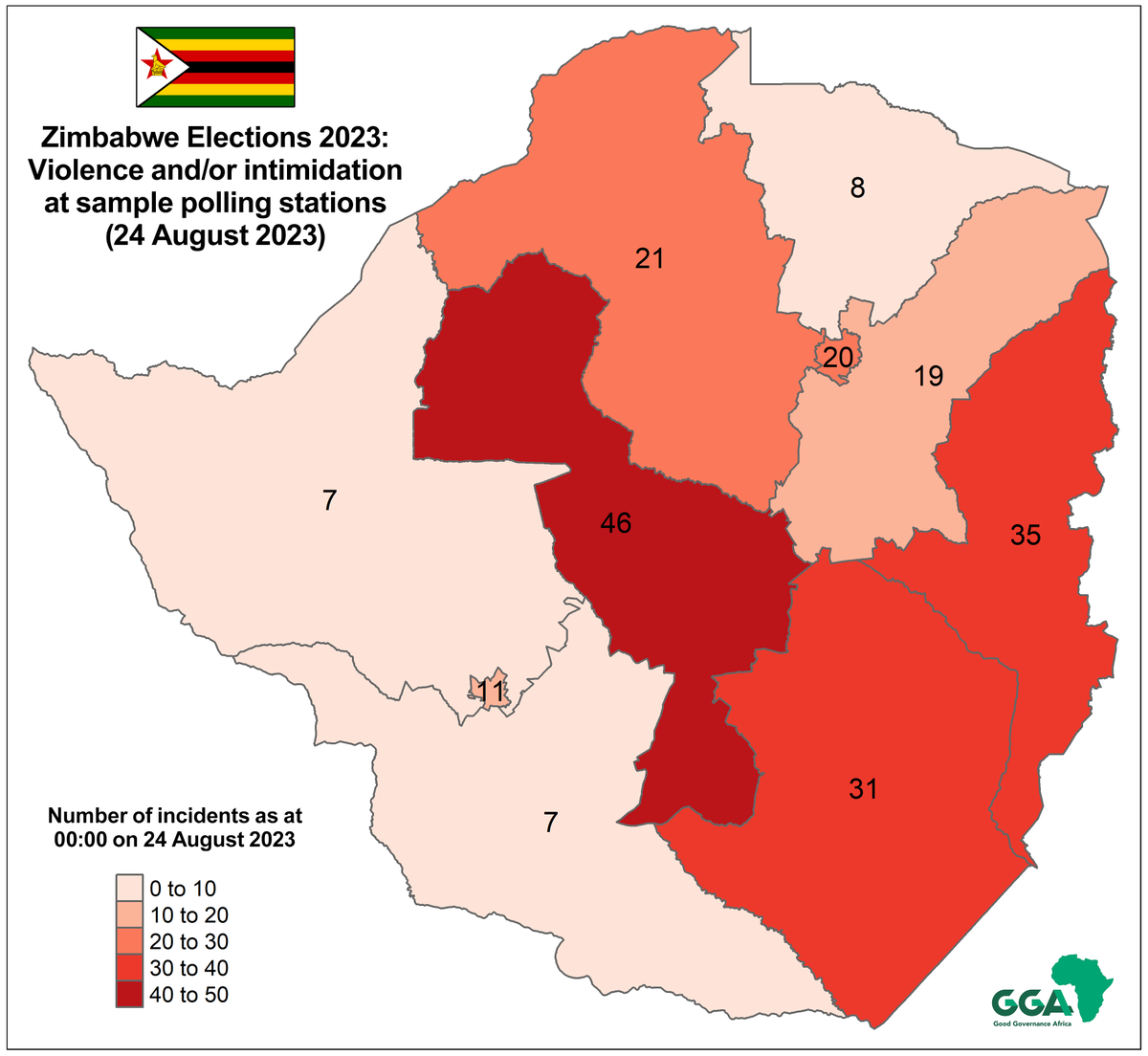
- Reports continue to pour in about certain polling stations in Harare and Bulawayo that remain closed due to a shortage of ballot papers. ZEC attributes this delay to printing issues arising from ongoing candidate-related court disputes. Responding to the situation, the Commission assures that those in line by 19:00 will exercise their right to vote. Furthermore, an extension has been granted for stations with delayed openings. However, prolonging voting into the late hours is not a viable solution—rather, it presents impracticality and potential risks.
